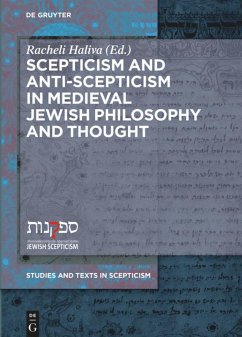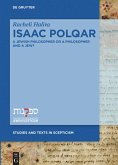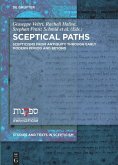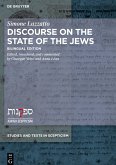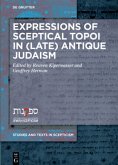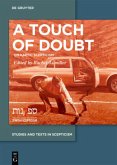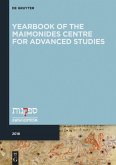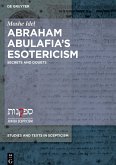The tension between reason and revelation has occupied Jewish philosophers for centuries, who were committed, on the one hand, to defending Judaism, and, on the other hand, to remaining loyal to philosophical principles.
Maimonides is considered the most prominent Jewish religious philosopher, whose aim was to reconcile philosophy, in particular Aristotelian philosophy, with the fundamental principles of Judaism. But many other Jewish thinkers, before and after him, also struggled with this task, raising the question whether it is possible to attain this reconciliation.
The connection between philosophy and religion was often not an obvious one. As a consequence, it could serve in some cases as grounds for supporting Maimonides' project, while in others it could lead to rejection.
Scepticism and Anti septicism in Medieval Jewish Thought focuses on sceptical questions, methods, strategies, and approaches raised by Jewish thinkers in the Middle Ages. In a series of lectures, we examine the variety of attitudes presented by these thinkers, as well as the latest readings of contemporary scholars concerning those attitudes.
Maimonides is considered the most prominent Jewish religious philosopher, whose aim was to reconcile philosophy, in particular Aristotelian philosophy, with the fundamental principles of Judaism. But many other Jewish thinkers, before and after him, also struggled with this task, raising the question whether it is possible to attain this reconciliation.
The connection between philosophy and religion was often not an obvious one. As a consequence, it could serve in some cases as grounds for supporting Maimonides' project, while in others it could lead to rejection.
Scepticism and Anti septicism in Medieval Jewish Thought focuses on sceptical questions, methods, strategies, and approaches raised by Jewish thinkers in the Middle Ages. In a series of lectures, we examine the variety of attitudes presented by these thinkers, as well as the latest readings of contemporary scholars concerning those attitudes.

